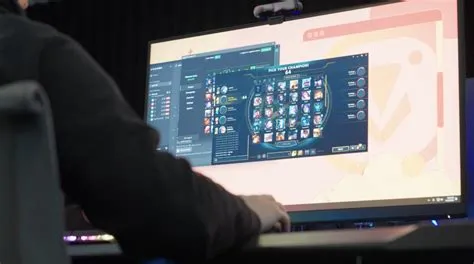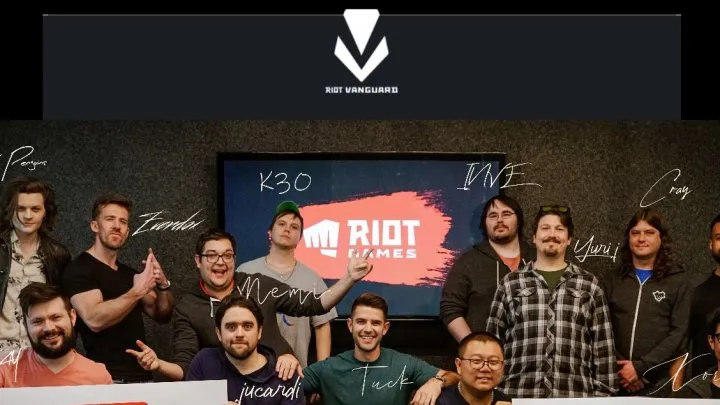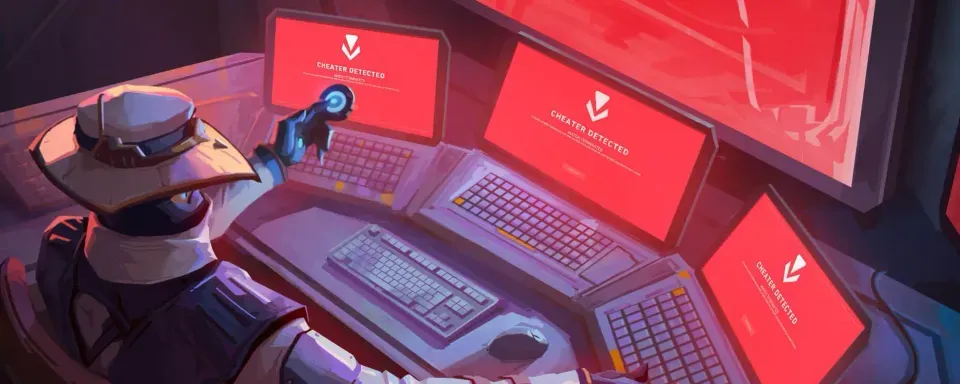Cheaters Aren’t Just Breaking Rules—They’re Breaking Games
Online cheating isn’t just a nuisance — it disrupts gameplay, ruins competitive balance, and drives players away. Games like Monster Hunter Wilds and Apex Legends have seen their online ecosystems suffer due to exploits that dominate leaderboards or circumvent anti-cheat protocols. In response, studios are going further than ever to fight back.
One of the most aggressive and secretive efforts comes from Riot Games. Best known for League of Legends and Valorant, Riot has built a reputation for not only banning cheaters but understanding how they operate — sometimes by pretending to be one of them.
The Vanguard of Anti-Cheat: Riot’s Double Strategy
Vanguard — Riot’s Kernel-Level Guard
Riot’s main weapon is Vanguard, a kernel-level anti-cheat system that scans deeply into player systems for suspicious behavior.

It’s controversial due to its deep system access, but it’s effective. According to Riot’s Head of Anti-Cheat, Phillip Koskinas, thousands of cheaters are banned daily in Valorant alone.
But automated detection only goes so far. Cheats evolve, adapt, and get sneakier. That’s where Riot’s human intelligence comes into play.
Infiltrating the Enemy: Riot’s Reconnaissance Arm
Riot’s most fascinating tool might not be software—it’s people. The company has created what Koskinas calls a “reconnaissance arm.” This team infiltrates online cheating communities, posing as developers or cheat users to gain insider knowledge on upcoming hacks and private tools.

Here’s how it works:
- Riot staff pose as cheaters in underground forums and Discord groups.
- To gain trust, they occasionally share real (but outdated) anti-cheat tactics.
- Once accepted, they quietly monitor the development of new cheats.
- They wait until the cheats are widely used—then strike with bans.
“We’ll masquerade as though it was something we [reverse engineered]… then sit there until it launches… allow it to acquire users and then ban everybody,” Koskinas revealed.
This approach doesn’t just catch cheaters—it slows down cheat evolution. If developers don’t know whether their users will be caught or not, it becomes harder to build and market new cheats.
Riot’s Cheating Philosophy — Strategic Patience
Interestingly, Riot doesn’t ban every cheater right away. Why? Because too many bans too quickly just push hackers to iterate faster. Riot prefers a cat-and-mouse strategy — let small-scale cheats survive, observe how they behave in the wild, and only then pull the trigger.
According to Koskinas, this approach offers two major benefits:
- Slows down cheat developers by creating unpredictability.
- Makes cheaters feel safe, leading to mass bans when least expected.
Transparency with a Purpose
With such deep access to player systems through Vanguard, Riot acknowledges its responsibility to keep players informed. Koskinas emphasizes that players deserve to know how the company uses that access — and how it protects their data and gameplay.
The company’s transparency isn’t just about bragging rights. It’s about accountability and respect. Riot believes that the more invasive the anti-cheat tech, the more open they must be about it.
Riot’s Anti-Cheat Tactics — At a Glance
| Tactic | Description | Outcome |
|---|---|---|
| Vanguard | Kernel-level system that scans for cheats | Thousands of bans daily |
| Reconnaissance Arm | Employees pose as cheaters in online communities | Insider access to private tools |
| Delayed Bans | Allows cheats to spread before mass bans | Disrupts cheat development |
| Transparency Strategy | Open about anti-cheat processes and permissions | Builds community trust |
The Takeaway — Don’t Trust Every “Cheater”
So next time you’re in a shady Discord server or browsing cheat forums, think twice. That confident “dev” giving tips might not be who they say they are. They might be Riot’s next mole.
Riot isn’t just fighting cheaters with software—they’re beating them at their own game. It’s stealthy, strategic, and honestly, kind of brilliant.
Would you want your game protected this way? Or does it go too far?




